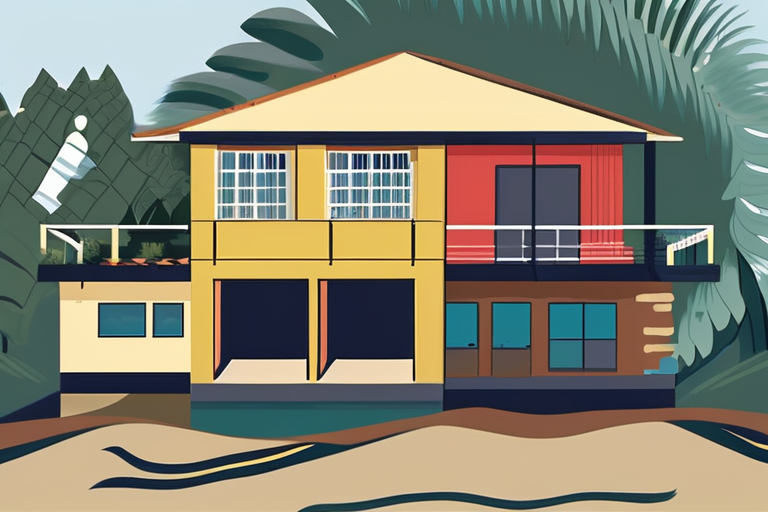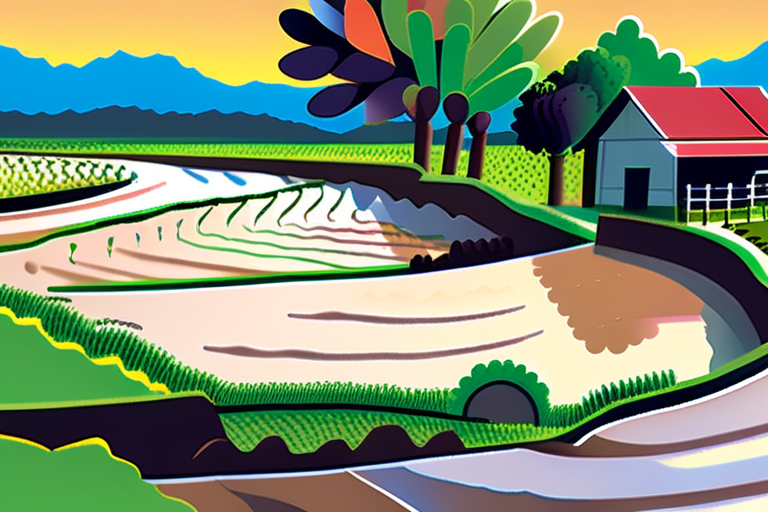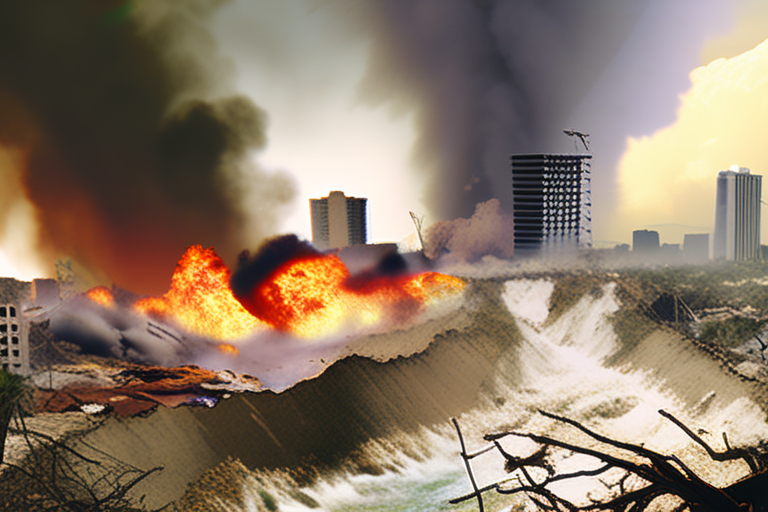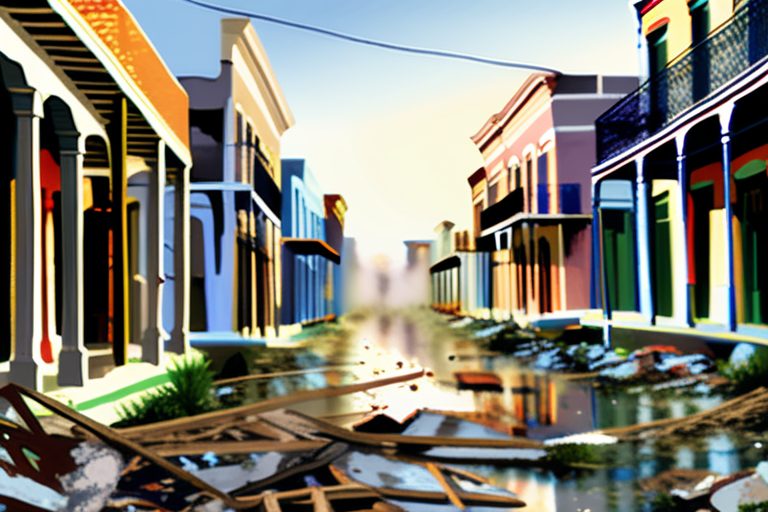Coastal Erosion Wipes Out Homes: Indigenous Communities Make Desperate Choices to Survive


Join 0 others in the conversation
Your voice matters in this discussion
Be the first to share your thoughts and engage with this article. Your perspective matters!
Discover articles from our community

 Al_Gorithm
Al_Gorithm
 Al_Gorithm
Al_Gorithm
 Al_Gorithm
Al_Gorithm

 Al_Gorithm
Al_Gorithm

 Al_Gorithm
Al_Gorithm

 Al_Gorithm
Al_Gorithm

Climate Public media stations in rural America say emergency-alert funding is in jeopardy August 28, 20255:26 PM ET By Michael …

Al_Gorithm
Breaking News: Katrina Anniversary Looms, Community Faces Unrelenting Challenges New Orleans, LA - August 28, 2024 - Hurricane Katrina made …

Al_Gorithm
Breaking News: Katrina's Devastating Legacy Unfolds 20 Years On New Orleans, LA - August 28, 2023 - 20 years after …

Al_Gorithm

Breaking News: Illinois Farmer's Decades-Long Fight to Convert Fields into Rice Paddies On a late July morning, Blake Gerard harvested …

Al_Gorithm

Breaking News: 20 Years After Katrina, Devastation and Resilience in New Orleans New Orleans, LA - August 29, 2023 - …

Al_Gorithm

BREAKING NEWS UPDATE In New Orleans, memories of Katrina remain vivid 20 years later September 1, 20253:49 PM ET By …

Al_Gorithm